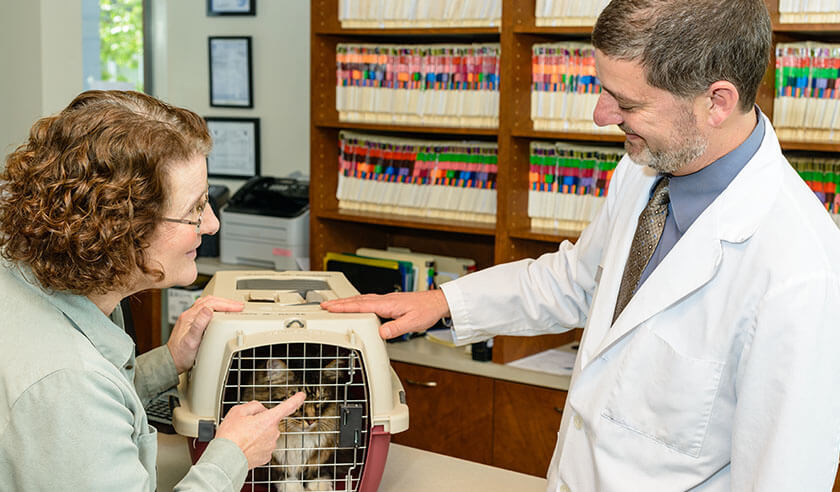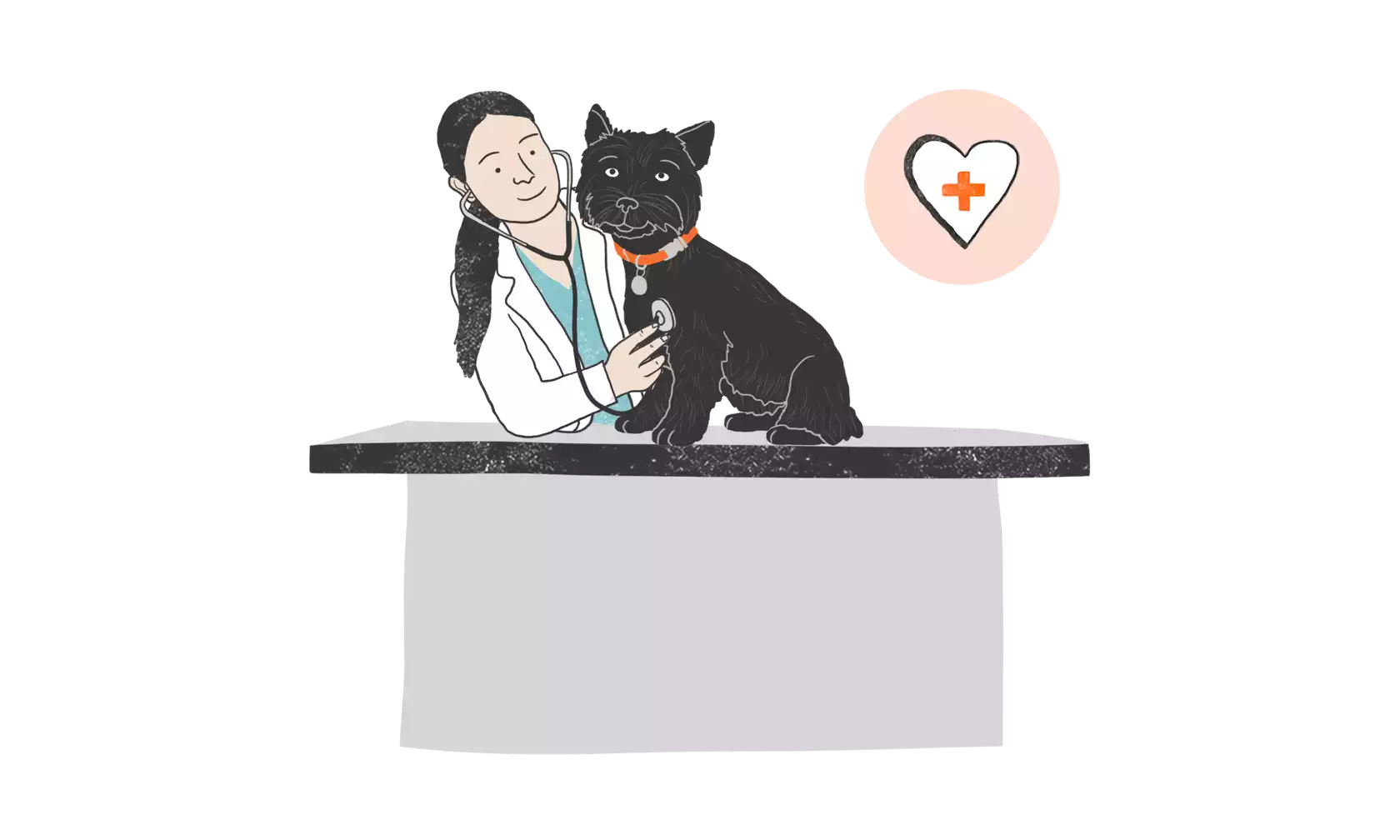This scenario happens to the best of us: You walk out of our veterinary appointment and realize you don’t fully understand what you were just told. Maybe it was a stressful time, and you were focused on your pet instead of asking questions. Perhaps the language was overwhelming. Or it may have made sense in the moment, but now that you’ve had to process what you heard, you have questions or don’t quite get it. This is incredibly common. Don’t worry — there are many ways to ensure you have all the information you need.
Why Veterinary Terms Can Be Difficult to Understand
As with any medical field, veterinary medicine is a science. It’s imperative that records, conversations, and referrals be precise to avoid any errors or omissions that could have serious consequences. Veterinarians, technicians, and other veterinary medicine professionals must communicate in the same “language.” However, the average pet owner is not expected to be fluent in that language.
How To Communicate With Your Veterinarian
You can get a little (or a lot) mixed up when our veterinarian explains a condition, a procedure, or after-care instructions. Whether it’s a term you don’t know, or they’re directing you to do something you don’t know how to do, like giving your pet medication or changing the dressing on an incision, don’t be afraid to ask questions. Your vet wants you to understand what’s happening with your pet. The more you know, the more informed your decisions will be and the better care you can provide.
Ask Questions
You should never be afraid to ask your vet or other veterinary staff to clarify something they’ve said or to start over completely so you can absorb every word a second time. Even if they provide pamphlets or other resource materials, you can still ask them for a moment to explain what you understood from the material. This allows them to let you know if you missed or misunderstood anything.
Call or Email
You may need time to process what you’ve heard before you know what questions you need to ask. That’s fine, too. You can always call and leave a message for your veterinarian to call you back when they have a moment. The front desk person may also be able to direct you to a technician or someone else on the team who can help.
You might want to avoid dropping by the clinic because most veterinary offices are quite busy. A call or email is often the best route to take, but that doesn’t mean you can’t set up a separate appointment for dedicated time to ask all of your questions.
You can also your vet for pamphlets, documents or websites they recommend to learn more about your pet’s condition.
How You Can Continue Your Research
You may want to increase your knowledge of a specific condition or procedure beyond what your veterinarian can cover in an appointment or follow-up call. This is especially true if your pet will be undergoing a complicated procedure or they have a chronic condition that requires ongoing support.
Ask your vet for resources – they may have materials they can give you like articles, pamphlets, books, etc. They can also recommend websites that you can trust – you can’t believe everything you read online. Your vet knows the reputable sites you should use. There may even be an expert in the area they suggest you speak with. It is important to learn from websites that are either written or reviewed by a veterinary health professional so you can be sure the information is accurate to help your pet.
Understanding Veterinary Terms
Your vet will help you understand the most common veterinary terms with simple definitions to help you better understand what your pet is dealing with and the care they need
ZPC-03705





